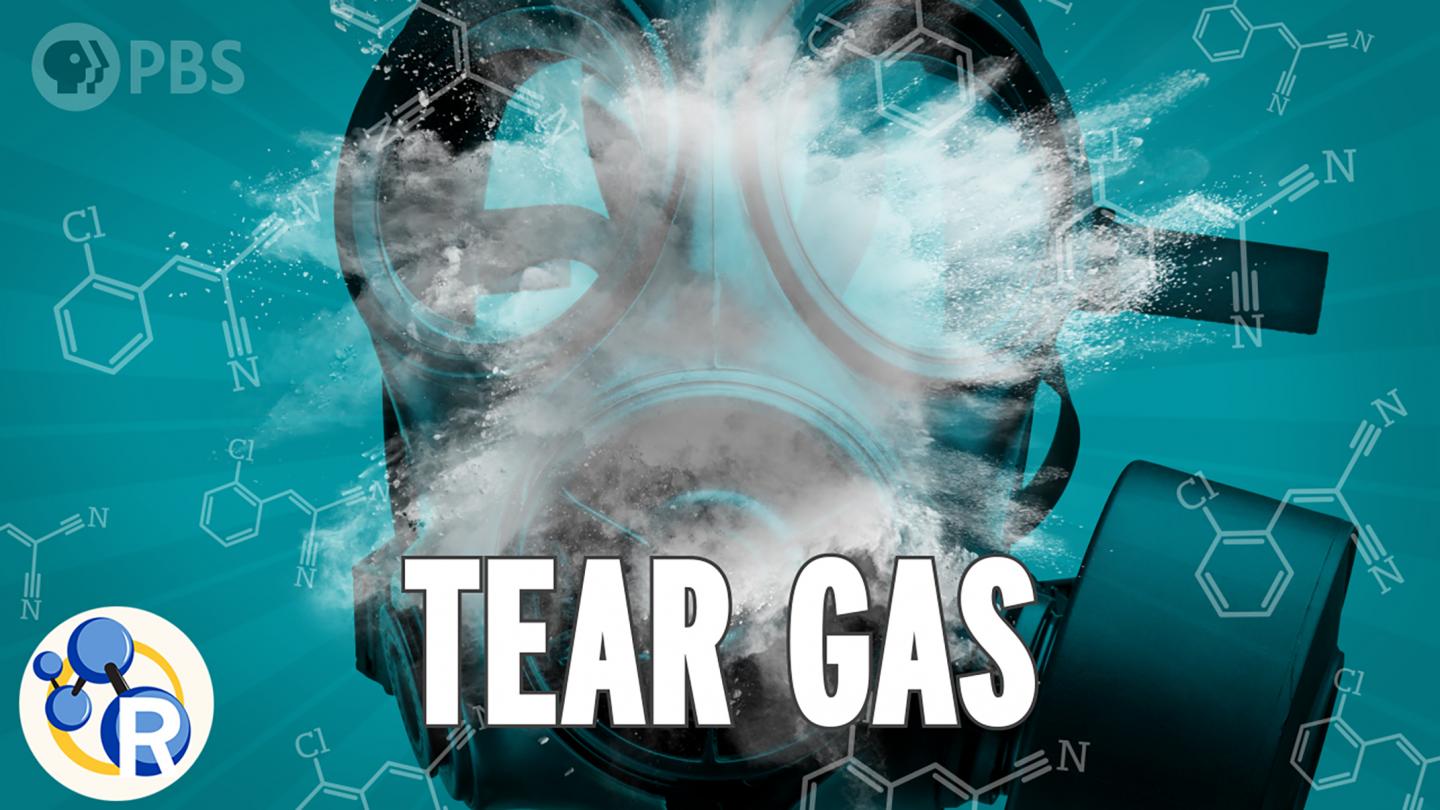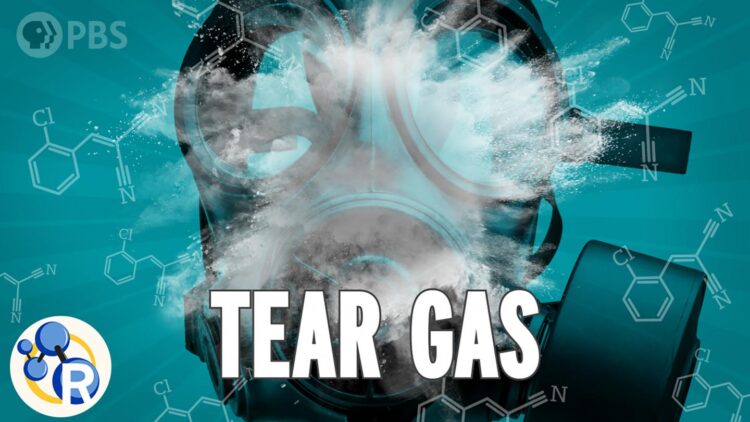
Credit: The American Chemical Society
WASHINGTON, June 19, 2020 — 2-Chlorobenzalmalononitrile, better known as CS gas, is one of the most common tear gases used in the United States today, but did you know it’s not actually a gas? We break down how it works, a bit of its history and the best ways to recover if you’re hit with it. A reminder: We’re not doctors! Please contact yours with any concerns: https:/
Reactions is a video series produced by the American Chemical Society and PBS Digital Studios. Subscribe to Reactions at http://bit.
The American Chemical Society (ACS) is a nonprofit organization chartered by the U.S. Congress. ACS’ mission is to advance the broader chemistry enterprise and its practitioners for the benefit of Earth and its people. The Society is a global leader in providing access to chemistry-related information and research through its multiple research solutions, peer-reviewed journals, scientific conferences, eBooks and weekly news periodical Chemical & Engineering News. ACS journals are among the most cited, most trusted and most read within the scientific literature; however, ACS itself does not conduct chemical research. As a specialist in scientific information solutions (including SciFinder® and STN®), its CAS division powers global research, discovery and innovation. ACS’ main offices are in Washington, D.C., and Columbus, Ohio.
To automatically receive press releases from the American Chemical Society, contact [email protected]”>[email protected].
Follow us: Twitter Facebook Instagram
###
Media Contact
Katie Cottingham, Ph.D.
[email protected]





